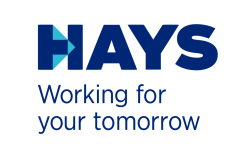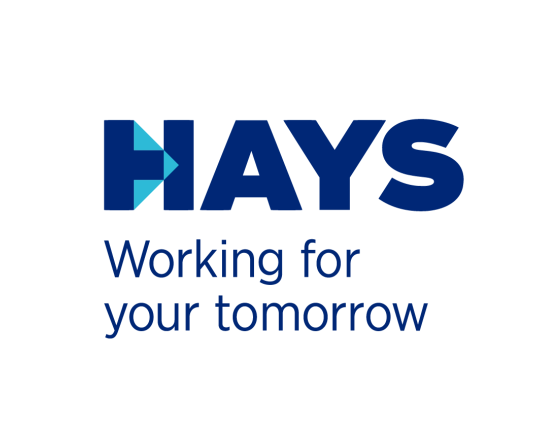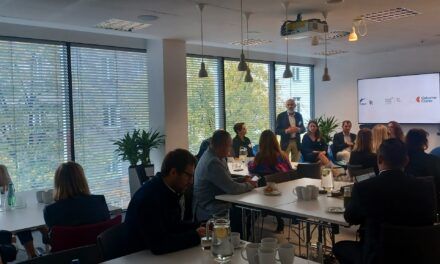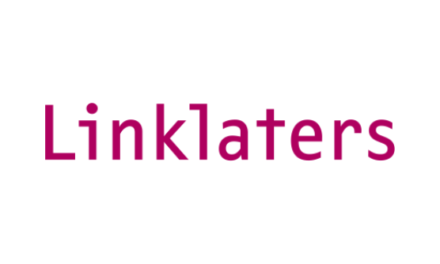

Forecasts for 2024 are ambiguous. Economic and geopolitical developments will play the ultimate role in shaping the trends of the Polish labour market. Even though in the past year, some organisations had to adjust their previous plans in response to high inflation and uncertainty, in 2024 they will continue to recruit and face a skills shortage, which makes finding the right employees an ongoing challenge. The results of Hays Poland Salary Guide 2024 clearly show that this year will not bring an employer-driven market. Although the current market is best described as skills-driven, it will not take much for the scales to tip again towards employees in the coming months.
Organisations are keeping an eye on salary trends and taking the time to carefully consider their options. A prevalent challenge is optimising costs in a way that does not limit their ability to attract and retain the best. In fact, the skills gap in 2024 will remain a valid and acute problem and recruitment will often pose challenges – especially if organisations become bolder in their HR policies as a result of improved economic sentiment. For many businesses, the right balance of employment mix between permanent and temporary work is also a conundrum, as is the dynamic development of artificial intelligence.
According to a study by Hays Poland covered in the latest Salary Guide 2024, there are four trends that will particularly affect the Polish labour market in 2024. When shaping your HR strategy, it’s worth taking these into account.
The pay-rise peak has passed
The analysis of salary trends indicates that the peak of salary increases has passed. While 81% of organisations have included salary raises in their 2024 strategy, only 19% anticipate increases exceeding 10%. This represents a significant decrease from the 34% of companies that reported such increases in 2023. Larger pay rises are more likely to be reserved only for the most valuable employees with the hardest to acquire skills. This is understandable, as the impact of rising business costs has reduced the capacity of organisations to give large increases across the board, even with inflation expected to decline.
Salary pressure from employees is also weakening – 60% expect their pay to increase in 2024, but the vast majority expect a raise of less than 10%. Additionally, 39% of professionals believe that their pay will not change. This may indicate that professionals are becoming more aware of the challenges currently faced by organisations. However, half of the people planning to change jobs are motivated by unsatisfactory remuneration. They are confident enough to go out into the labour market in search of a more attractive salary despite a less favourable situation than a year ago, and they do not limit their financial expectations. This is a trend that employers need to be aware of.
Organisations plan to recruit
Despite the lower recruitment dynamics, up to 90% of employers are planning to recruit in 2024, and nearly half of them believe that permanent recruitment will increase compared to 2023. This means that competition for talent may be higher than previous year, requiring organisations to consider such an eventuality in their HR policy for the coming months.
An in-depth analysis of proposed hiring plans shows that uncertainty will continue to influence the HR policies of organisations. Planned recruitment projects will be dictated more often by employee turnover and less often by business development than a year ago. Employers will also be increasing flexibility and diversifying their employment mix. An increasing number of organisations are looking to strengthen their teams with B2B contractors and temporary workers. This shift towards a more flexible hiring strategy is likely due to less predictable economic conditions and the difficulty in estimating what the job market will look like in 2024.
Employers anticipate recruitment challenges
Poland faces a skills gap, with the demand for specialised skills often exceeding their availability. 47% of organisations reported a shortage of candidates for specialist and managerial positions in the market, and another 32% declared that there are not enough workers in general on the market. Meanwhile, negative demographic trends will likely exacerbate this situation with each passing year.
59% of organisations still expect challenges in talent acquisition. In addition, 36% believe that competition for employees is high in Poland. Employers are therefore waiting for the situation to develop. However, while some might believe that the recruitment of specialists may be slightly easier than two years ago, all are aware that the skills gap is not working in their favour, so when the labour market improves, finding the right people won’t be an easy task.
Experts are aware of the value of their skills. Hence, even when there are fewer job offers on the market than in the post-pandemic period, candidates believe that the quality of their skills will shine in the eyes of prospective employers. While they acknowledge that finding another job or negotiating a higher salary may be slightly more difficult, it isn’t impossible. Even though the largest percentage of specialists do not plan to change jobs, 40% express openness to interesting offers.
That being said, what makes a job offer interesting? According to the candidates, apart from the financial offering, the most important factors are the working model that includes remote working, career development opportunities, the ability to have a work-life balance and interesting challenges.
AI is generating enthusiasm
Artificial intelligence has penetrated the business world with gusto over the past year, with both employers and employees keeping a close eye on its potential benefits and risks. According to our survey results, 23% of employees in Poland currently use generative AI tools (such as ChatGPT) in the workplace. These tools are most commonly used for writing support, paraphrasing text, defining terms, and creating visual content.
Professionals are not particularly concerned that AI development will lead to fewer job offers in the labour market. 40% of employees believe that AI will not affect the job opportunities directly available to them. Nevertheless, as many as 79% would like to participate in AI-related training and development programmes.
Organisations have also recognised the many advantages of using AI in the workplace, including increased productivity and creativity, as well as a reduced risk of errors. Now they are carefully examining the benefits and risks of AI-based solutions, determining the appropriate approach and investment level. For many businesses, the goal in the near future will be to create a clear strategy on the adoption of AI in the workplace, and decide on how to empower employees with the necessary skills.
Key challenge for 2024
Although at the beginning of 2024 there is more uncertainty in the market than a year ago, experts’ high expectations of what they want from employers are showing no signs of declining. What’s more, unemployment is a marginal phenomenon for people in these positions, so many wait patiently for an offer that meets their precise requirements. The main challenge for employers will be to adapt their remuneration strategy to the current circumstances, balancing the needs of organisations seeking to optimise costs yet still enables talent acquisition and retention.
























